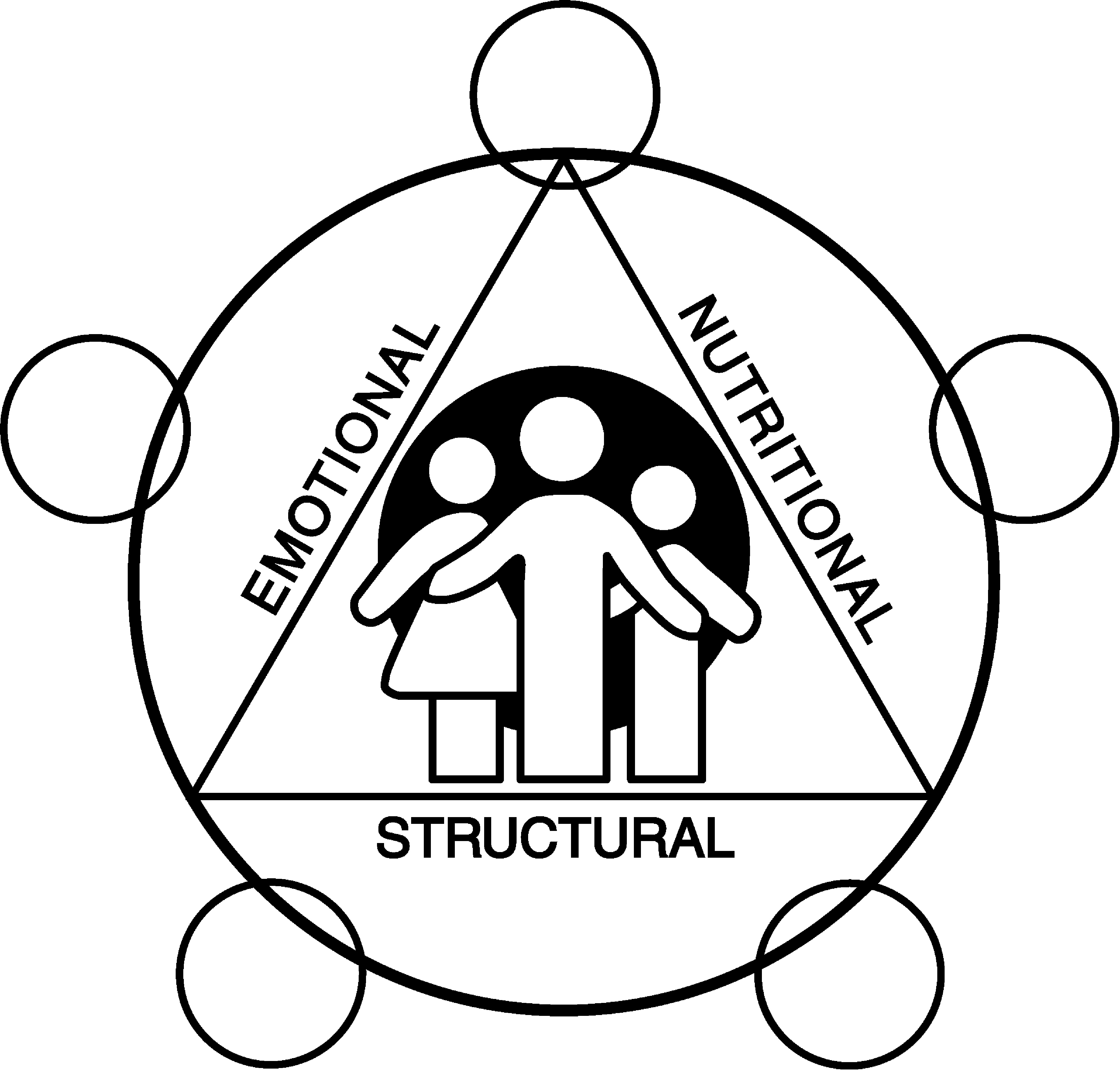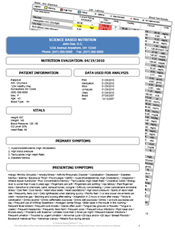Did you know that while 90% of Americans know having breakfast is important for health and function, only 49% report to eating breakfast every day.1
It’s no wonder that after sleeping for eight hours, and being without food during the night, our brain and muscles need energy and fuel to function. Breaking this fast with consumption of a healthy meal including protein and fats instead of a high carbohydrate meal has been shown to have the biggest benefit. Research has shown the many benefits of including breakfast in your daily routine. These include weight loss, improved energy and concentration, improved physical endurance, and overall improvement of a quality diet.
A study was conducted on teen’s breakfast health habits. It found that those who skipped breakfast were likely to be five pounds heavier than a teen that ate breakfast. They study also concluded that those who skipped breakfast, also made poor food choices throughout the day and experienced a reduced exercise routine. These results may shed light on why the obesity rate for adolescents and teens has nearly tripled over the last two decades. Studies have shown on numerous occasions that consuming breakfast can have a beneficial effect on appetite (what we crave throughout the day), insulin resistance and overall energy metabolism.
What breakfast mistakes do we typically make?
On average American’s tend to have one of the worst diets in the world. When picking breakfast items, the food being picked has a tendency to be highly processed and artificial. For example, most children consume sugary breakfast cereal and may follow it down by drinking sugary juices or soda. We also tend to be in a culture where fast and convenient dictate our food options. Some may stop at the local fast food joint to pick up highly oxidized egg options, breakfast burrito, pancakes, bagels or English muffins.
Did you know: “Cereals marketed to kids have 85 percent more sugar, 65 percent less fiber and 60 percent more sodium than those aimed at adults.2”
If you are wondering why these grain options are not recommended as a breakfast choice, it’s because grains break down into sugar in the body. This ultimately ends with stimulating insulin production causing weight gain, high cholesterol, high blood pressure and possibly diabetes.
What should we be eating for breakfast?
Eggs are a great source of protein and fat for a morning breakfast choice but many people have the misconception regarding the egg and cholesterol connection. Numerous studies have supported that eggs have virtually nothing to do with raising your cholesterol. Some egg studies showed that eating 3 eggs a day for 30 days did increase the cholesterol; however, it did so by producing HDL (good) cholesterol and bigger sized particles of LDL (bad) cholesterol. The larger sized LDL particles had no effect on the ratio between LDL and HDL, which means no major change in coronary risk3. One large egg contains 6 grams of high-quality protein (in both the yolk and the white). The yolk is also a source of zinc, B vitamins, vitamin A, iron, and other nutrients!
Protein is not the only important part of a healthy breakfast, fiber is also essential. Fiber not only helps maintain bowel health, which improves nutrient absorption, but it also lowers cholesterol and helps control blood sugar which can contribute to less cravings later in the day.6 Chia Seeds are nutritious and are one of the best sources of fiber to consume at breakfast. One ounce of chia seeds has 11 grams of fiber per serving and 4 grams of protein. Chia seeds have the ability to absorb water and can help control satiety. They are also high in antioxidants and have the ability to protect cells within the human body against damaged cells called free radicals.5
Flaxseed is also a healthy source of fiber that can also contribute to a satiety feeling. Just two tablespoons of ground flaxseed has 3 grams of protein and 4 grams of fiber.5Ground flaxseed can be added to any smoothie or protein shake to help post fiber and antioxidant properties. It has been linked to reduce blood sugar levels and to be preventative against breast cancer.5
Not sure where to start or need further advice? Getting a full comprehensive blood analysis can help determine what exactly you need to be consuming from a dietary and supplement standpoint and also help point out what you need to be avoiding. Working with your natural health care provider can help guide you to make the right choices for what is best for you.
Example of a Healthy Breakfast Shake:4
Morning Sunshine Breakfast Shake (Takes 20 minutes to 1 hour)
Ingredients:
- 1 cup of raw cashews
- 2 cups filtered water or coconut water
- 1 tablespoon vanilla extract
- 1 teaspoon cinnamon
- 1 teaspoon turmeric
- ½ teaspoon ginger
- 2 medjool dates, pitted
- 3 to 4 tablespoons chia seeds
Directions:
- Soak cashews for 20 minutes to an hour. Drain and rinse.
- Place cashews in blender with all ingredients, except chia seeds. Blend until smooth.
- Pour into tall cups and stir in the chia seeds
If you prefer porridge, let it sit for 10 to 20 minutes, stirring occasionally to avoid any lumping.
References
- Birkbeck, John. Report Shows Many People Skip Breakfast. Everybody Nutrition News. Institute of Food Nutrition and Human Health, Massey University. June 2007
- Hellmich, Nancy. Kids’ cereals pour on the sugar and sodium. USA Today. 10/25/2009
- University of California Berkeley. The Sunny Side of Egg. Wellness Letter, March 2008. http://www.wellnessletter.com/html/wl/2008/wlFeatured0308.html accessed on 27, Dec. 2011
- Rose, LindaJoy. “Morning Sunshine Breakfast Shake Recipe.” Mercola.com, 27 Apr. 2017, recipes.mercola.com/morning-sunshine-breakfast-shake-recipe.aspx.
- “The 12 Healthiest Foods to Eat for Breakfast.” Healthline, Healthline Media, www.healthline.com/nutrition/12-best-foods-to-eat-in-morning.
- Lindsay Abrams “Study Eat Protein in the Morning.” TheAtlantic.com 28 March 13 https”//theatlantic.com/health/archive/2013 A study conduct out of the University of Missouri found that “People who got 35 grams of protein at breakfast were less hungry throughout the day and saw favorable changes in the hormones and brain signals that control appetite.”
References for this newsletter as well as previous newsletters may be found on our website. The information has not been evaluated by the FDA and is not intended to treat, cure, or prevent any disease.

